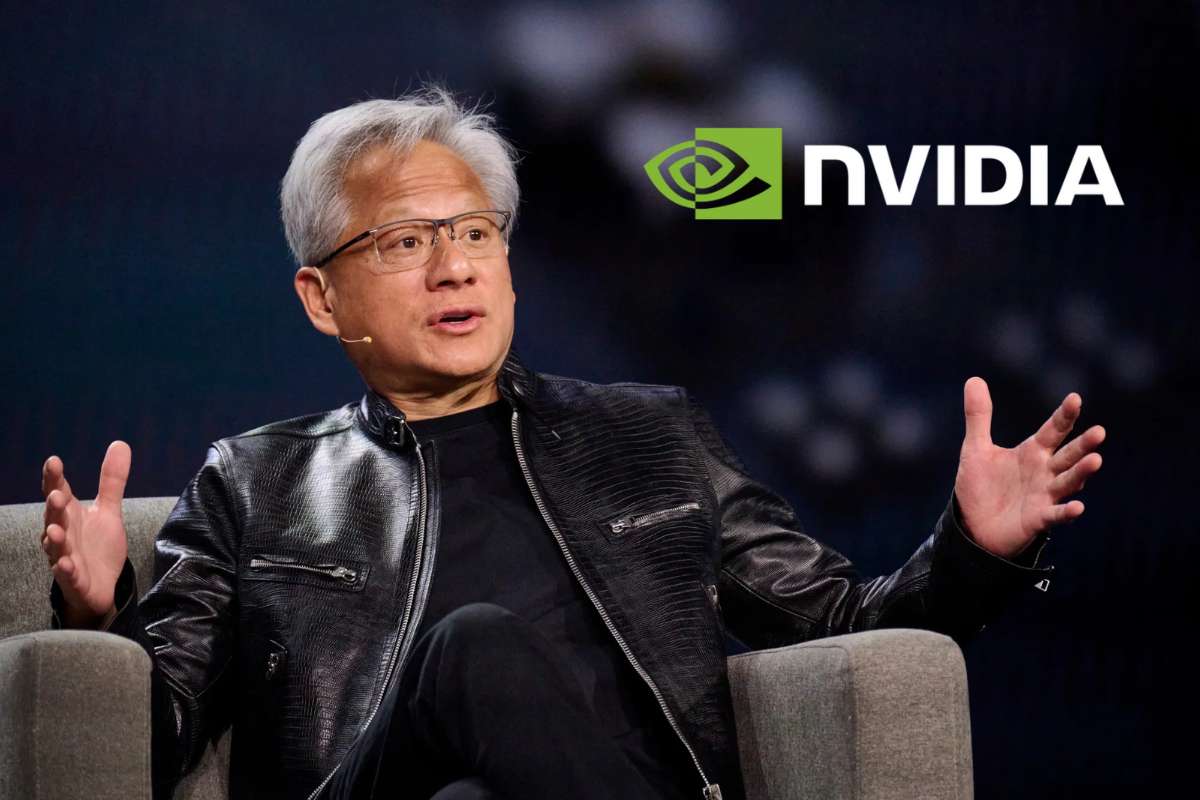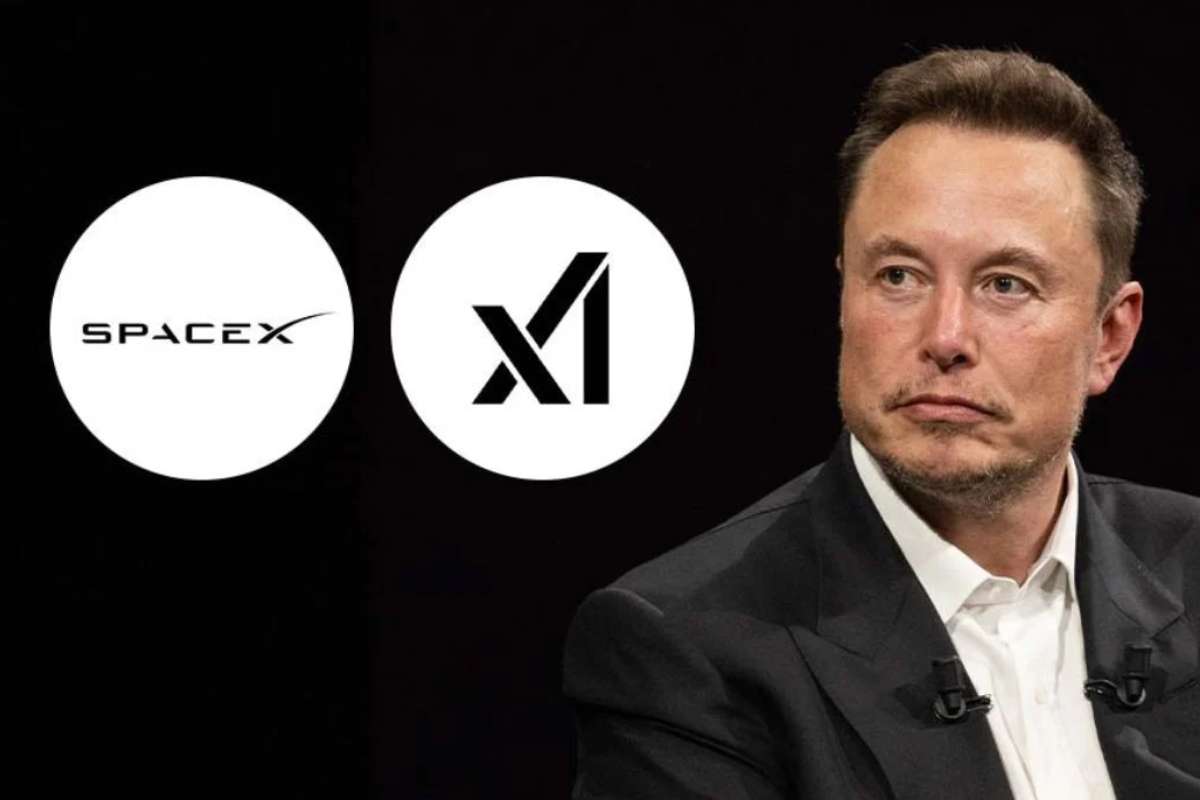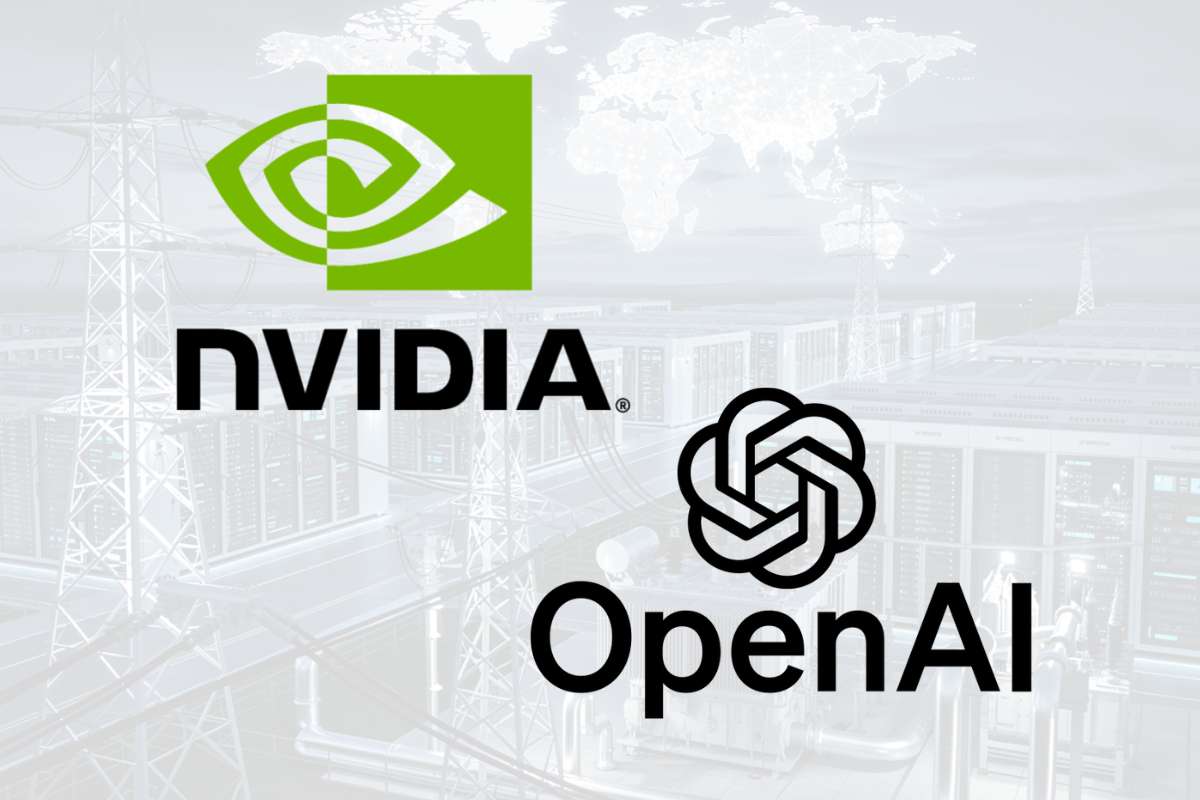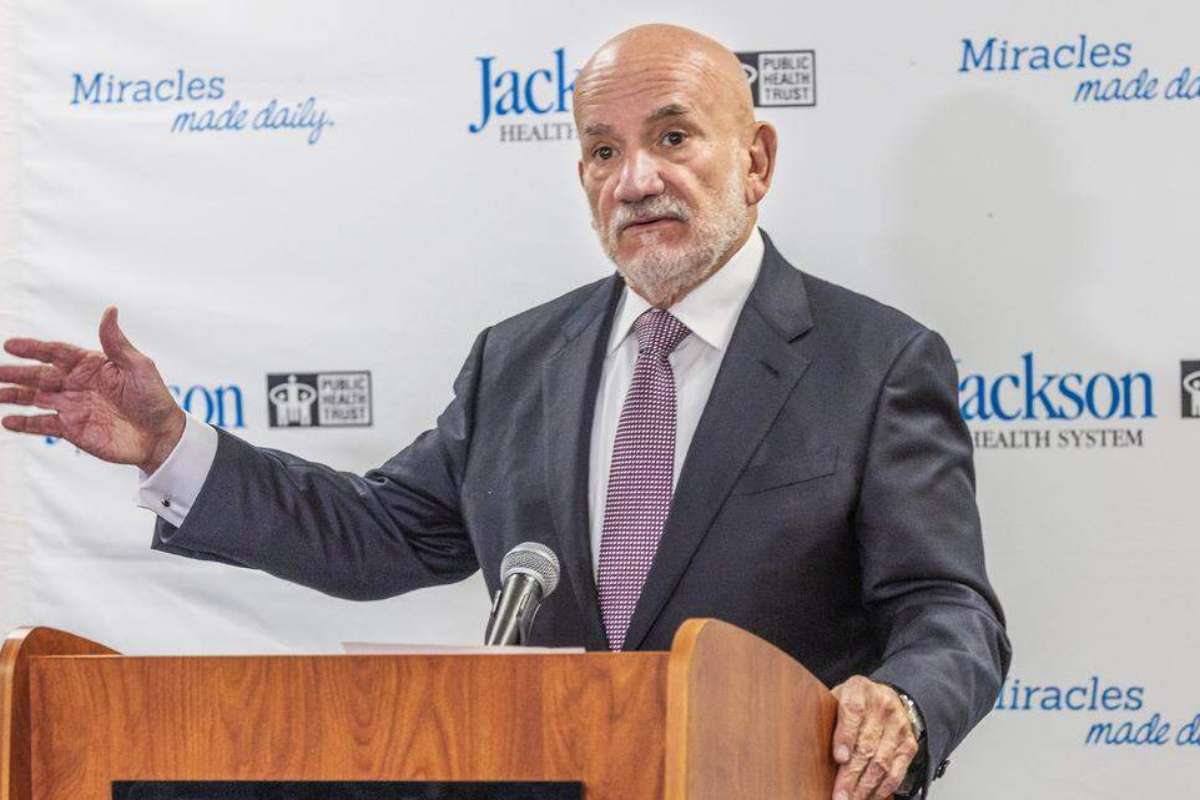Key Points:
- Rivian begins building $5B Georgia EV plant for R2/R3 models, launching in 2028.
- Interim R2 production shifts to Illinois, saving $2B.
- Georgia cements EV hub status with $24B+ in investments and 26K+ jobs.
Rivian has officially broken ground on its long-awaited Georgia EV Factory near Social Circle, marking a major step in its expansion strategy. The $5 billion facility is set to begin production of the highly anticipated R2 and R3 models in 2028. Initially announced in 2021, the plant was designed to serve as the central production hub for Rivian’s next-generation vehicles, particularly the $45,000 R2 SUV aimed at competing in the mid-size market.
After multiple delays, the company has opted to start interim production of the R2 at its existing facility in Normal, Illinois, helping save over $2 billion in short-term costs. The Georgia site will be developed in two phases, each with an annual capacity of 200,000 units. Beyond meeting domestic demand, Rivian intends to use the facility to expand its reach into global markets.
To support construction and operations, Rivian has secured $1.5 billion in state and local incentives and up to $6.6 billion in federal loans. These financial agreements come with timelines that the company must meet, further underscoring the importance of breaking ground at this stage.
Georgia EV Factory Growing Role in the EV Industry
Rivian’s groundbreaking event reinforces Georgia EV Factory emerging position as a hub for electric vehicle manufacturing. Since the passage of federal initiatives aimed at boosting clean energy and advanced manufacturing, the state has attracted over $24.4 billion in EV-related investments and created more than 26,000 jobs. Rivian’s 7,500-job facility was the largest project at the time of its announcement and remains a central piece of Georgia’s manufacturing growth.
Other automakers are also making significant investments in the state. Hyundai, for example, plans a facility expected to create more than 10,000 jobs, surpassing Rivian’s scale but together contributing to the majority of new EV employment opportunities in Georgia. These developments highlight the state’s growing importance in the sector’s expansion.
Despite industry uncertainties, such as potential changes to federal incentives or supply chain disruptions, Rivian remains focused on executing its growth plans. The company’s leadership has emphasized that their long-term strategy is not dependent on government support but built around consumer demand and sustainable production methods.
A Strategic Move Amid Industry Challenges
Rivian’s expansion comes at a time when the electric vehicle industry faces both opportunities and uncertainties. Some federal programs providing tax incentives for EVs are set to expire, while competition from traditional automakers and supply chain constraints pose additional challenges. Nevertheless, Rivian’s management remains optimistic, stating that its investment decisions are driven by market needs rather than reliance on subsidies.
The groundbreaking event drew thousands from the surrounding communities, reflecting strong local interest and support. Rivian plans to begin vertical construction in 2026, with vehicle assembly expected to start in 2028. The factory is projected to support advanced research and development efforts, as well as scaled-up manufacturing operations aimed at meeting growing demand for electric vehicles.
By leveraging a combination of private investment, state incentives, and federal support, Rivian is working to solidify its leadership in the EV space. With its new Georgia plant, the company is positioning itself to meet long-term demand while contributing to job creation and infrastructure development in the region.











